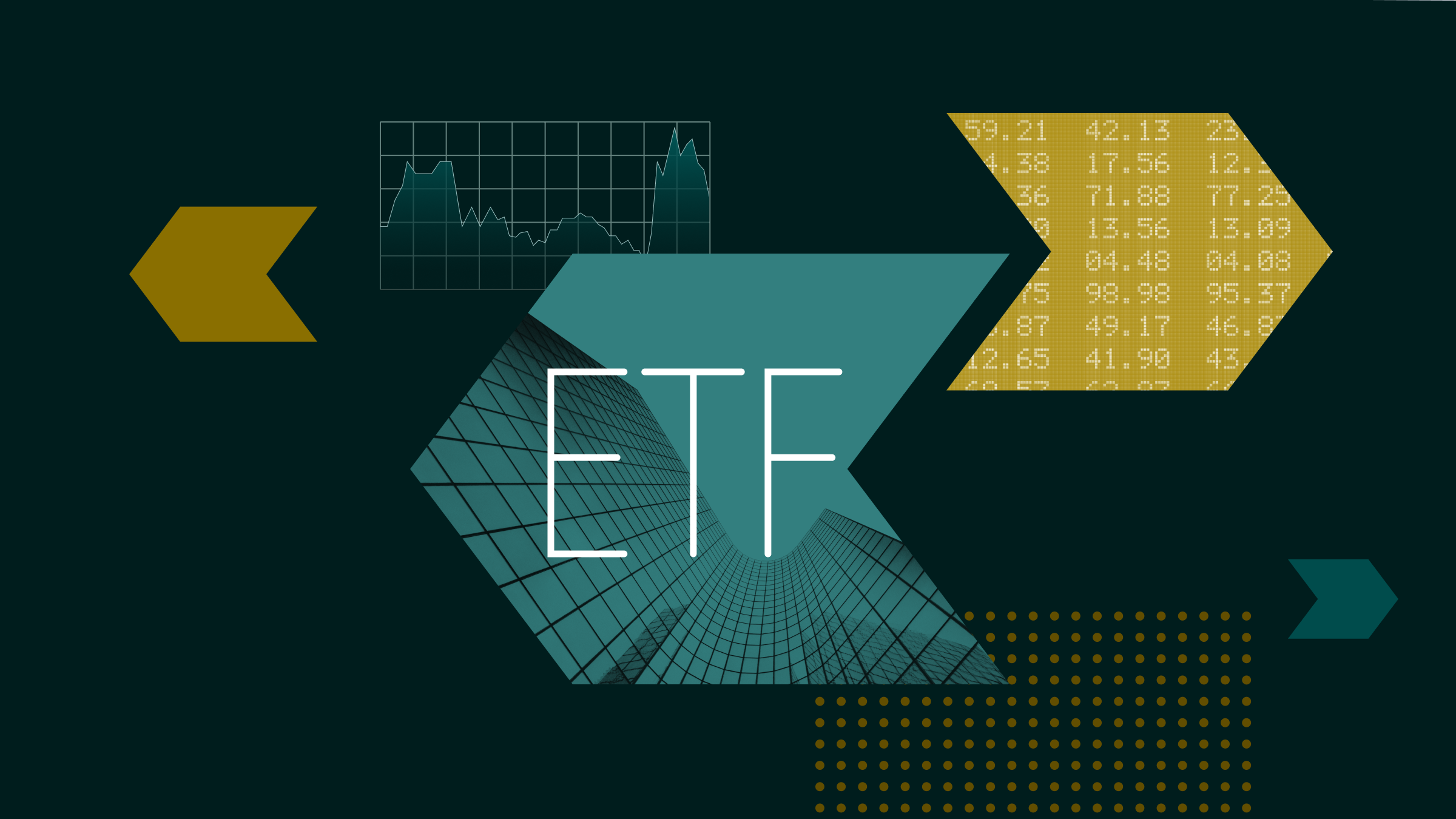Imperial Tobacco's (IMT) trading update for the first quarter of fiscal 2011 gives us additional confidence in our thesis and valuation. As we have been saying for several quarters, the firm should increase volume as smokers trade down to discount brands and switch into the loose tobacco category. This occurred again in the first quarter, and revenue and volume were in line with our expectations. We are reiterating our fair value estimate. Although the stock closed up 5.9% on Wednesday, confirming our belief that the market has been undervaluing the firm, we still think there is double-digit upside to the current market price.
Imperial's recent performance has been a microcosm of trends in the broader tobacco industry. Growth is being driven by emerging markets and higher prices, while mature markets are in decline. Lower-income smokers, more affected by high unemployment rates, are trading down to cheaper brands, while at the high end of the market, superpremium brands are experiencing growth thanks to greater aspirational spending in emerging markets. Imperial's tobacco revenue grew 5% in the first quarter, boosted by higher volume in cigarettes (up 0.5%) and loose tobacco (up 6%) and higher prices. In the firm's key developed markets, including the United Kingdom, where Imperial has a 45% market share, volume was stable, thanks to continued trading down and the popularity of brands such as Lambert & Butler. In some other European countries, however, volume was weak. In Spain, volume fell 10% and is likely to remain soft throughout 2011 because of an increase in excise duty during the first quarter and continued high unemployment. Poland was surprisingly weak, given the fairly stable economic growth in that country, and was a drag on volume in the rest of the European Union, which fell 3%.
Emerging markets were a different story. Volume increased at a mid-single-digit rate in Africa, the Middle East, and the Asia Pacific regions, while volume declines moderated in Eastern Europe. Imperial's superpremium brand Davidoff and luxury Cuban cigars both achieved growth globally.
As the economy recovers, we anticipate that the premium products of rivals like British American Tobacco (BATS) and Philip Morris International (PM) will gain share at the expense of Imperial's portfolio because of the popularity of their brands. Imperial's operating margins and returns on invested capital in the low to mid-teens materially lag those of its primary competitors, mainly because of Imperial's lower price points and the thin-margin logistics business, so we think the firm should trade at a lower multiple than British American and Philip Morris. However, with the stock currently trading at around 10 times our estimate of forward earnings, we think the market is overlooking the competitive advantages that the firm holds--scale and brand equity in some important markets--and we think continued growth from emerging markets and premium brands, together with solid execution of the Altadis integration, could be a catalyst for upside to the stock.
























